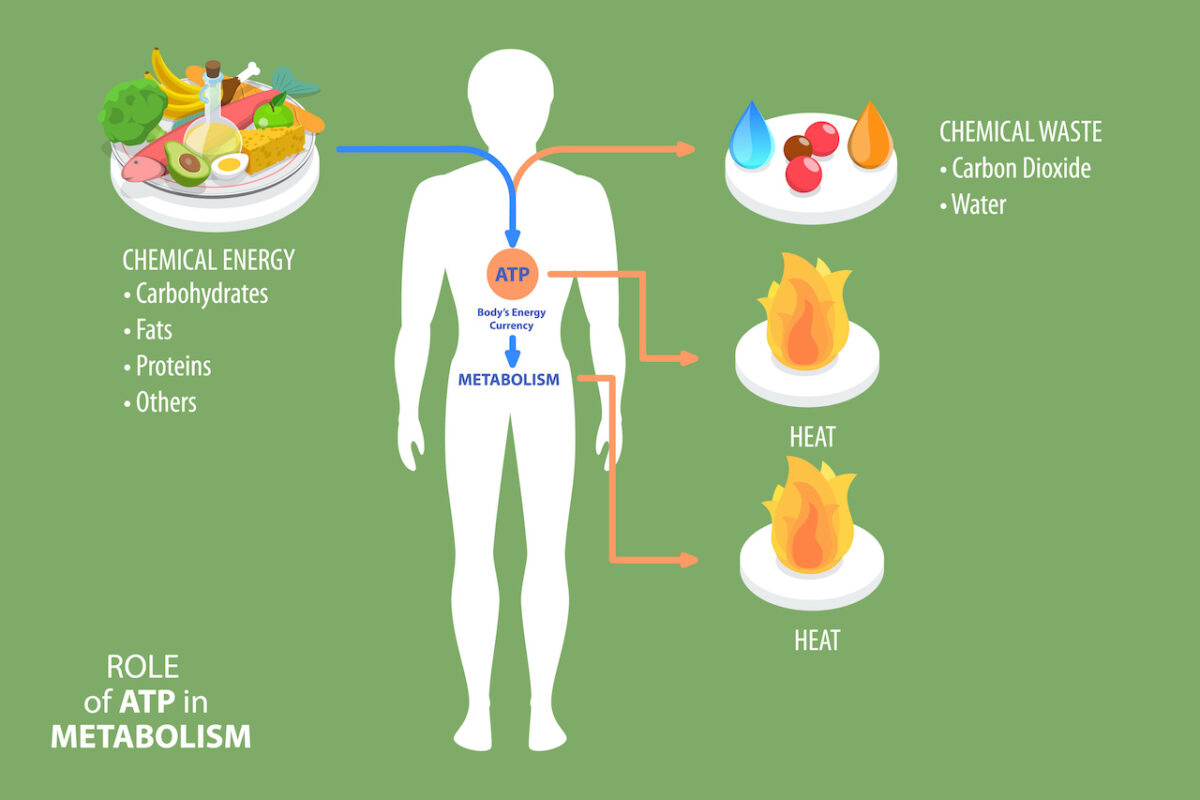Boosting Metabolic Health: Strategies for a Stronger Metabolism

Introduction
Metabolic health is crucial for maintaining a healthy weight and preventing chronic diseases. This article explores strategies to boost metabolic health, improve energy levels, and enhance overall well-being.
Understanding Metabolic Health
What is Metabolism?
- Metabolism refers to the chemical processes that occur within the body to maintain life. These processes include converting food into energy, building and repairing tissues, and regulating various bodily functions.
Key Components of Metabolic Health:
- Basal Metabolic Rate (BMR): The number of calories your body needs to maintain basic physiological functions at rest.
- Insulin Sensitivity: How effectively your body uses insulin to manage blood sugar levels.
- Lipid Profile: Levels of fats in your blood, including cholesterol and triglycerides.
Strategies to Boost Metabolic Health
Regular Physical Activity:
- Engage in a combination of aerobic exercises and strength training to increase muscle mass and boost metabolism. Aim for at least 150 minutes of moderate-intensity exercise per week.
Balanced Diet:
- Focus on a balanced diet rich in whole foods, lean proteins, healthy fats, and complex carbohydrates. Avoid processed foods and excessive sugar.
Hydration:
- Staying hydrated is essential for optimal metabolic function. Drink plenty of water throughout the day to support digestion and energy production.
Sleep:
- Ensure you get 7-9 hours of quality sleep per night. Poor sleep can disrupt metabolic processes and increase the risk of weight gain and insulin resistance.
Stress Management:
- Chronic stress can negatively impact metabolic health. Practice stress-reducing activities such as yoga, meditation, and deep breathing exercises.
Interval Training:
- Incorporate high-intensity interval training (HIIT) into your exercise routine. HIIT can boost metabolism and burn more calories in a shorter amount of time.
Regular Meals:
- Eat regular, balanced meals to keep your metabolism active. Skipping meals can slow down your metabolism and lead to overeating later.

Foods That Boost Metabolism
Protein-Rich Foods:
- Include protein-rich foods like chicken, fish, eggs, and legumes. Protein has a higher thermic effect, meaning it requires more energy to digest.
Fiber-Rich Foods:
- Foods high in fiber, such as fruits, vegetables, and whole grains, can help regulate blood sugar levels and keep you full longer.
Spices:
- Certain spices, like chili peppers, contain capsaicin, which can increase metabolic rate.
Green Tea:
- Green tea contains catechins and caffeine, which can help boost metabolism.
Conclusion
Improving metabolic health involves a combination of regular physical activity, a balanced diet, adequate hydration, quality sleep, and effective stress management. By adopting these strategies, you can boost your metabolism, enhance energy levels, and support overall well-being.
Summary:
- Metabolic health involves chemical processes that maintain life, including converting food into energy.
- Strategies to boost metabolism: regular physical activity, balanced diet, hydration, quality sleep, stress management, interval training, and regular meals.
- Foods that boost metabolism: protein-rich foods, fiber-rich foods, spices, and green tea.
- Benefits of improved metabolic health: enhanced energy levels, better weight management, and reduced risk of chronic diseases.

This article reviewed by Dr. Jim Liu, MD and Ms. Deb Dooley, APRN.
There’s nothing more important than our good health – that’s our principal capital asset.
#medical #telehealth #umedoc










